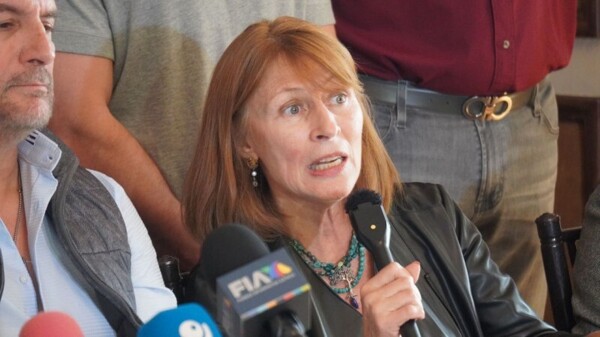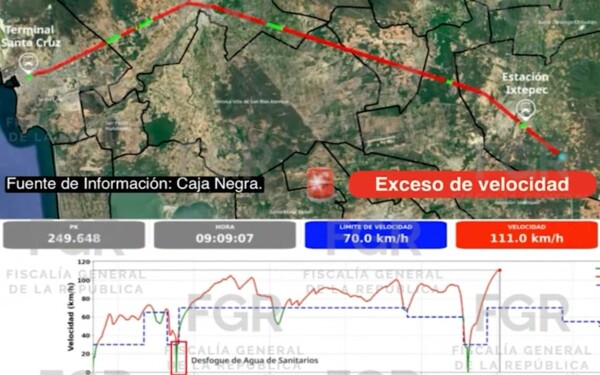
The Congress of the State of Michoacán signed an agreement to develop specific legislation aimed at addressing the needs of displaced persons within the entity, with the support of the Office of the United Nations High Commissioner for Refugees (UNHCR). Daniel Macguirre, senior protection officer of the international agency, highlighted the urgency of an effective state response to mitigate the effects of forced displacement in the state, mainly caused by violence.
Macguirre thanked the invitation to participate in the Congress and stated that this agreement is a fundamental step in addressing the needs of displaced persons in Michoacán. He expressed his ongoing commitment to support the government of Michoacán in the implementation of this legislation, emphasizing that it is an urgent issue and with the right actions, Michoacán can lead the way in the protection of displaced persons.
During the meeting, legislator Fabiola Alanís Samano, president of the Political Coordination Board, emphasized the local Congress's interest in addressing the phenomenon of forced displacement, an issue of international relevance. She expressed that the promotion of human rights is a key premise in the legislative work of the 76th Legislature of Michoacán, which seeks to integrate this approach into the Congress's decisions.
One of the key points of the signed agreement is the creation of a specific state law that addresses forced displacement in a structured manner. Macguirre explained that displacement affects areas such as health, education, and social reintegration, so it is essential that the law has specific responses to the needs of displaced persons, ensuring an adequate and well-coordinated response.
Regarding the funding for the implementation of the law, Macguirre highlighted the importance of establishing a progressive budget that allows for flexible responses to needs. The agreement also contemplates collaboration with other federal entities and international organizations to support the implementation of legislation on forced displacement in Michoacán.
Macguirre mentioned that currently in Mexico there are four states with specific laws for internal displacement and another two have classified the criminal activities that provoke this phenomenon. He emphasized the importance of the accumulated experience in other parts of the country, such as Oaxaca, for Michoacán to advance in this legislation, being one more state that joins this initiative for the benefit of displaced persons.














